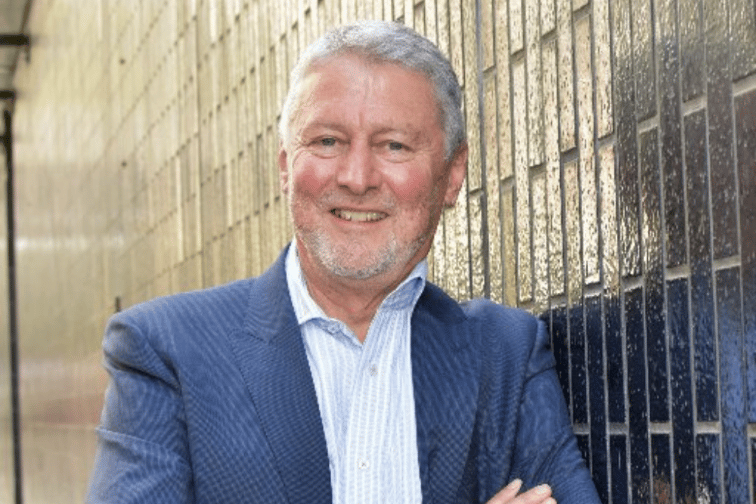

Home loans have continued to reach record highs, with ABS Lending Indicators marking an eighth consecutive month of growth.
Total value rose by 10.5% in January and now stands close to $30m, over 40% up on the same time last year. It marked the single biggest month-to-month growth since September 2016 and a 20% growth on January 2020.
First home buyers accounted for almost a third of all commitments and were up over $3bn in total value on the same time last year.
“It’s donkey’s years since we’ve seen first home buyers so strong on the market,” said Steve Mickenbecker, Group Executive, Financial Services at comparison site Canstar. “They’re such a big component now, it’s stunning.”
“I look at it, and fear of missing out is well and truly alive in this market - and they are of course the group that can miss out. If you’re an upgrader, well fine, you’re already in the market, but first-time buyers are really affected by it. There’s absolute panic going on at the moment.”
“Of course, there’s all the incentive that the government is providing, plus the record low interest rates, so it’s a climate that has become supercharged for first-time buyers.”
All of these factors together have created the perfect climate for house prices to rise, said Mickenbecker.
“What we’ve got is very low supply at the moment, listings are really low. This is for two reasons: one is that they’re flying off the shelves, as soon as they hit the market and sometimes before they hit the market; secondly, because new listings have been low all the way through 2020, way below the preceding couple of years. So there’s this pent up lack of supply.”
“On the demand side, there’s the super low interest rates, the government incentives that are going to start running off and just all that fear of missing out that has put forward these buying intentions. On both sides of the market, you have low supply and high demand, so the market is bound to get into a panic.”
With such a swell taking place in house prices, many have started to question whether the Reserve Bank of Australia (RBA) will be forced to raise the cash rate ahead of schedule in the coming months.
“It puts a lot of pressure on the RBA moving forward,” said Mickenbecker. “If we can’t see a stablisation or at least a slowing up in the market, the government is going to be so nervous and the RBA will be so nervous that affordability for the younger generations is disappearing altogether.”
“So I think the Reserve Bank will be saying that they need to bring something forward from where they thought it would be. We’re not at that point yet. There will be some properties that find their way onto the market when the mortgage pause stops, there will be some people who come under more pressure when JobKeeper is finally gone, but there’s so much momentum that I think it’s going to be a breeze rather than a headwind and we’ll see a little bit of stablisation for a while, but it won’t correct it.”
